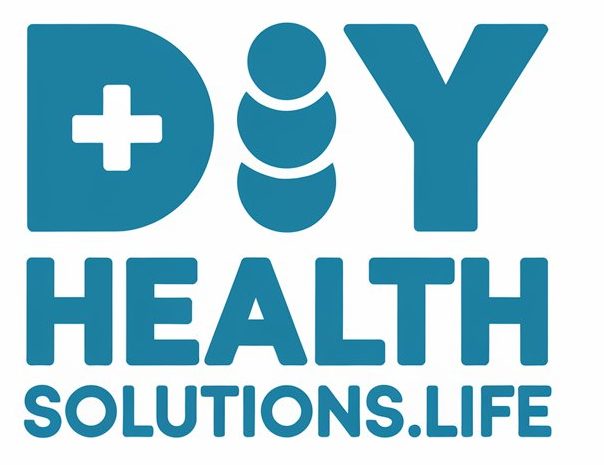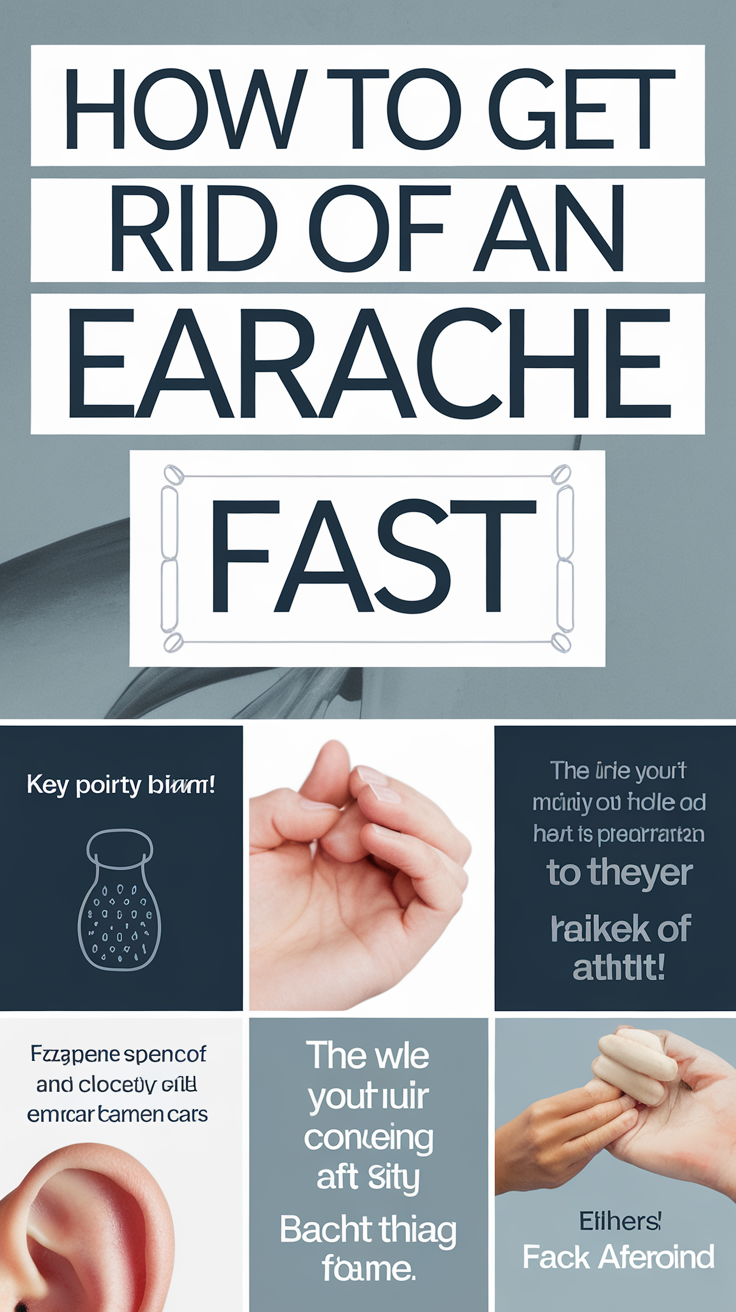How to Get Rid of an Earache Fast
To get rid of an earache fast, start by applying a warm compress to the affected ear for about 20 minutes; it soothes pain and increases blood flow. Over-the-counter pain relievers like ibuprofen or acetaminophen can help reduce inflammation and discomfort quickly. Staying hydrated can also alleviate ear pressure, so drink plenty of fluids. If allergies or sinus issues contribute to your earache, consider using a nasal decongestant for relief. Remember, if your symptoms persist or worsen, it’s important to consult a healthcare professional for further assistance. There’s more you can do to manage and prevent earaches effectively.
Common Causes of Earaches
Earaches can be a real nuisance, and understanding their common causes can help you address the pain quickly. One common cause is an ear infection, which often occurs when bacteria or viruses invade the middle ear. You might experience this after a cold or sinus infection, as fluid builds up and creates pressure. Another frequent culprit is allergies, which can lead to inflammation and fluid accumulation in your ears. If you’ve been sneezing or dealing with a runny nose, this could be the reason behind your discomfort.
Wax buildup is another common issue. When earwax hardens, it can block the ear canal, leading to pain and even temporary hearing loss. If you’ve been using cotton swabs to clean your ears, you might actually be pushing wax deeper inside. Additionally, changes in altitude, like flying or driving in the mountains, can create pressure imbalances that cause ear pain. Finally, you can’t overlook jaw-related problems, such as temporomandibular joint disorder, which can mimic earache symptoms. Recognizing these causes can help you understand what’s happening and prepare for next steps.
Immediate Relief Methods
Relief from the discomfort of an earache can often be achieved through a few simple methods. When you’re in pain, you want quick solutions to help ease the discomfort. Here are some effective immediate relief methods to consider:
- Warm Compress: Applying a warm compress over your ear can soothe the pain and promote blood circulation.
- Over-the-Counter Pain Relievers: Medications like ibuprofen or acetaminophen can quickly reduce pain and inflammation.
- Stay Hydrated: Drinking plenty of fluids helps thin mucus, which might relieve pressure in your ears.
- Nasal Decongestants: If your earache is related to sinus pressure, using a nasal decongestant can help clear up congestion and alleviate discomfort.
While these methods can provide quick relief, they don’t replace professional medical advice. If your earache persists or worsens, consult a healthcare provider. Remember, it’s essential to address the underlying cause of your earache for long-term relief. By trying these immediate methods, you can find some comfort while you seek further care.
At-Home Remedies
Many people find comfort in at-home remedies when dealing with an earache. One effective method is using a warm compress. Simply soak a clean cloth in warm water, wring it out, and place it against the affected ear for about 20 minutes. The warmth can help soothe pain and promote drainage.
Another option is to use over-the-counter pain relievers like ibuprofen or acetaminophen. These medications can reduce inflammation and alleviate discomfort. Just be sure to follow the dosing instructions on the package.
You might also consider using essential oils. A few drops of diluted tea tree or lavender oil applied gently around the ear can provide relief, thanks to their anti-inflammatory properties.
Additionally, staying hydrated can help thin mucus and relieve pressure in your ears. Drinking warm fluids, like herbal tea or broth, can be especially comforting.
Finally, practicing good ear hygiene is key. Avoid inserting anything into your ear canal, and keep your ears dry and clean. If you find these remedies aren’t helping, it might be a sign to consult a healthcare professional for further advice.
Medical Treatments
If at-home remedies haven’t eased your earache, it might be time to explore medical treatments. Consulting a healthcare professional can provide you with the appropriate care tailored to your specific situation. They can diagnose the underlying issue and recommend effective solutions. Here are some common medical treatments you might encounter:
- Antibiotics: If your earache is due to a bacterial infection, your doctor may prescribe antibiotics to clear it up.
- Pain Relievers: Over-the-counter or prescription medications can help alleviate the pain while your body heals.
- Ear Drops: Prescription ear drops can soothe inflammation and discomfort directly in the ear canal.
- Surgery: In severe cases, such as fluid buildup or chronic infections, you might need a minor surgical procedure to drain the fluid or insert tubes.
Prevention Strategies
To prevent earaches from occurring in the first place, it’s crucial to take proactive measures that protect your ears. Start by practicing good ear hygiene. Keep your ears clean but avoid using cotton swabs, which can push wax deeper and cause blockages. Instead, gently clean the outer ear with a damp cloth.
Next, be mindful of exposure to loud noises. Wear ear protection, like noise-canceling headphones or earplugs, when you’re in loud environments. This can help prevent damage to your eardrums and reduce the risk of earaches.
If you swim or shower often, consider using earplugs to keep water out. Water trapped in the ear can lead to infections, so it’s smart to dry your ears thoroughly after exposure. Additionally, avoid inserting foreign objects into your ears, as this can irritate the canal and lead to pain.
Lastly, stay up-to-date with vaccinations, particularly for flu and pneumonia. These can help prevent respiratory infections that may lead to earaches. By taking these simple steps, you can significantly reduce your chances of experiencing ear pain.
Frequently Asked Questions
Can Earaches Cause Hearing Loss or Damage?
Yes, earaches can lead to temporary hearing loss or damage if left untreated. You should pay attention to persistent pain, as it may indicate an underlying issue that needs medical attention to prevent long-term effects.
Are Earaches Contagious?
Earaches themselves aren’t contagious. However, the infections that cause them, like colds or flu, can spread. So, if you’re around someone sick, you might catch the illness leading to an earache. Stay healthy!
How Long Do Earaches Typically Last?
Earaches typically last anywhere from a few hours to several days, depending on the underlying cause. You’ll want to monitor your symptoms closely and consult a healthcare professional if they persist or worsen.
When Should I See a Doctor for an Earache?
You should see a doctor for an earache if the pain lasts more than a couple of days, if it worsens, or if you experience fever, fluid drainage, or hearing loss. Don’t ignore these signs!
Can Allergies Contribute to Earaches?
Yes, allergies can contribute to earaches. When your body reacts to allergens, it can cause inflammation and fluid buildup in your ears, leading to discomfort. Managing your allergies might help reduce earache symptoms.

